)
India negotiates these treaties with other countries based on the Model BIT text. Photo: Shutterstock
India has eased certain conditions for UAE in the bilateral investment treaty by including portfolio investments and reduction in the local remedies exhaustion period from five years to three years in the pact, economic think tank GTRI said on Monday.
The India-UAE Bilateral Investment Treaty (BIT) came into force on August 31 this year.
Click here to connect with us on WhatsApp
The model BIT requires investors to attempt to resolve disputes through India’s legal system for at least five years before seeking international arbitration.
In contrast, the India-UAE BIT reduces this period to three years, giving investors quicker access to Investor-State Dispute Settlement (ISDS).
“While this makes the treaty more investor-friendly, it also weakens India’s ability to settle disputes domestically, increasing the likelihood of arbitration cases that could challenge India’s regulatory decisions,” the Global Trade Research Initiative (GTRI) said in a statement.
It added that local remedies exhaustion means that investors must first try to resolve their disputes using the legal system of the host country before they can take the matter to international arbitration.
“Reducing the local remedies exhaustion period to three years weakens India’s ability to resolve disputes internally, increasing the likelihood of cases being brought to international arbitration,” GTRI Founder Ajay Srivastava said.
He added that this shift may lead to more frequent and costly arbitration proceedings, which could challenge India’s regulatory decisions on a broader spectrum of investment issues.
It signals a softer stance on the protection of sovereign decision-making compared to the Model BIT, he said.
India negotiates these treaties with other countries based on the Model BIT text.
Further, it said that unlike India’s Model BIT, which excludes portfolio investments such as stocks and bonds, the India-UAE BIT includes them as protected investments.
“This broadens the scope of the treaty, allowing investors with passive financial holdings to use the Investor-State Dispute Settlement (ISDS) mechanism,” it said, adding that this shift increases India’s exposure to disputes over financial instruments, even those that do not contribute significantly to economic development, moving away from the Model BIT’s focus on long-term investments.
The Model BIT excludes portfolio investments, focusing only on direct investments that involve a tangible commitment of resources.
“This narrower definition helps protect India from claims related to financial instruments, such as stocks and bonds, which are often considered less integral to the host country’s economy,” Srivastava said.
Overall, he said, the treaty signals a shift towards a more open investment environment at the expense of some regulatory sovereignty.
While it may attract more UAE investment, it also raises the risk of higher arbitration claims against India. India would soon be approached by other countries to sign BITs on similar liberal terms, he added.
India’s Model Bilateral Investment Treaty (BIT) introduced in 2016, was developed as a response to India’s experience with previous investment treaties and aimed to provide a more balanced framework for investor protection while safeguarding India’s regulatory sovereignty.
The India-UAE treaty was signed on February 13, 2024, and came into effect on August 31, 2024, with the announcement made on October 7, 2024.
The previous investment agreement, signed in December 2013, expired on September 12, 2024.
UAE is the seventh largest with a share of 3 per cent in the total Foreign Direct Investment (FDI) received in India, with a cumulative investment of about USD 19 billion from April 2000 to June 2024.
India also makes 5 per cent of its total Overseas Direct Investments in UAE to the tune of USD 15.26 billion from April 2000 to August 2024.
(Only the headline and picture of this report may have been reworked by the Business Standard staff; the rest of the content is auto-generated from a syndicated feed.)
First Published: Oct 07 2024 | 2:38 PM IST

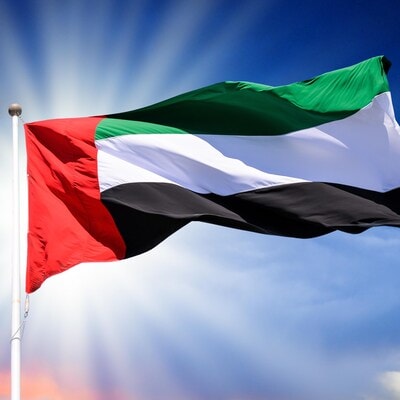
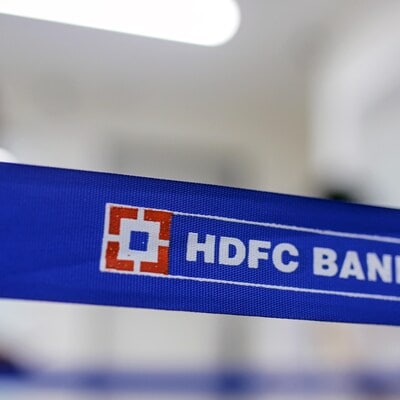
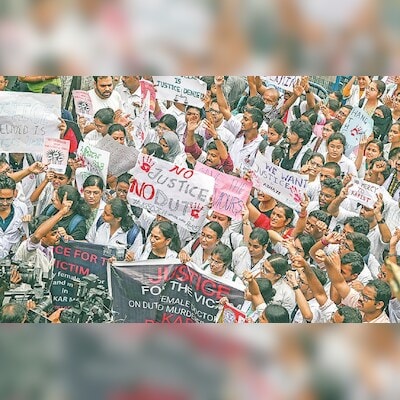




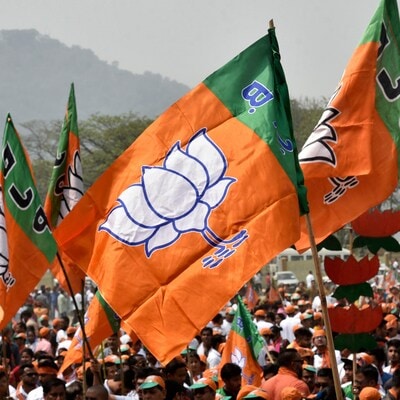

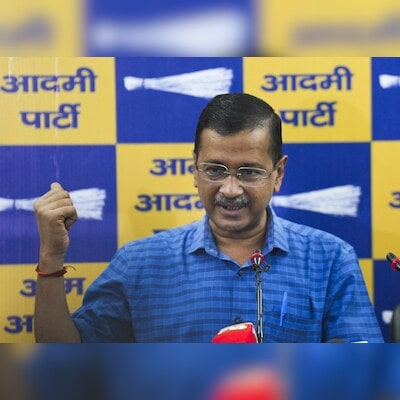

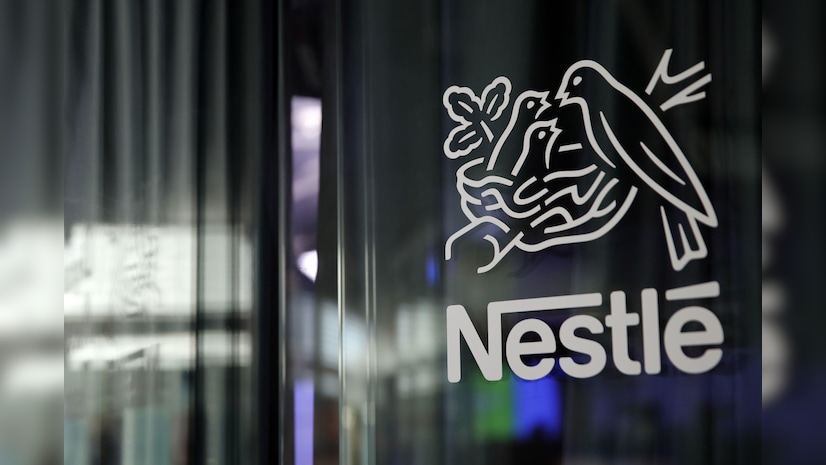

Leave a Reply